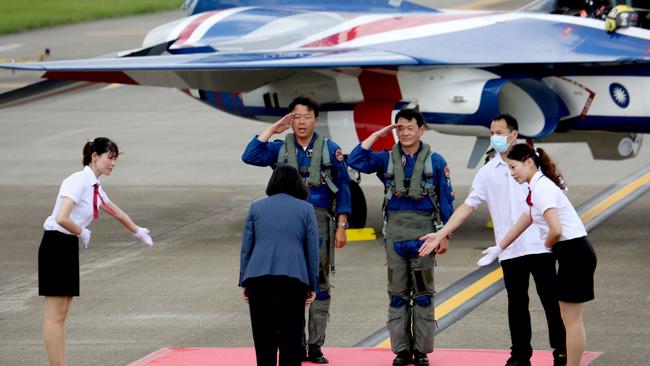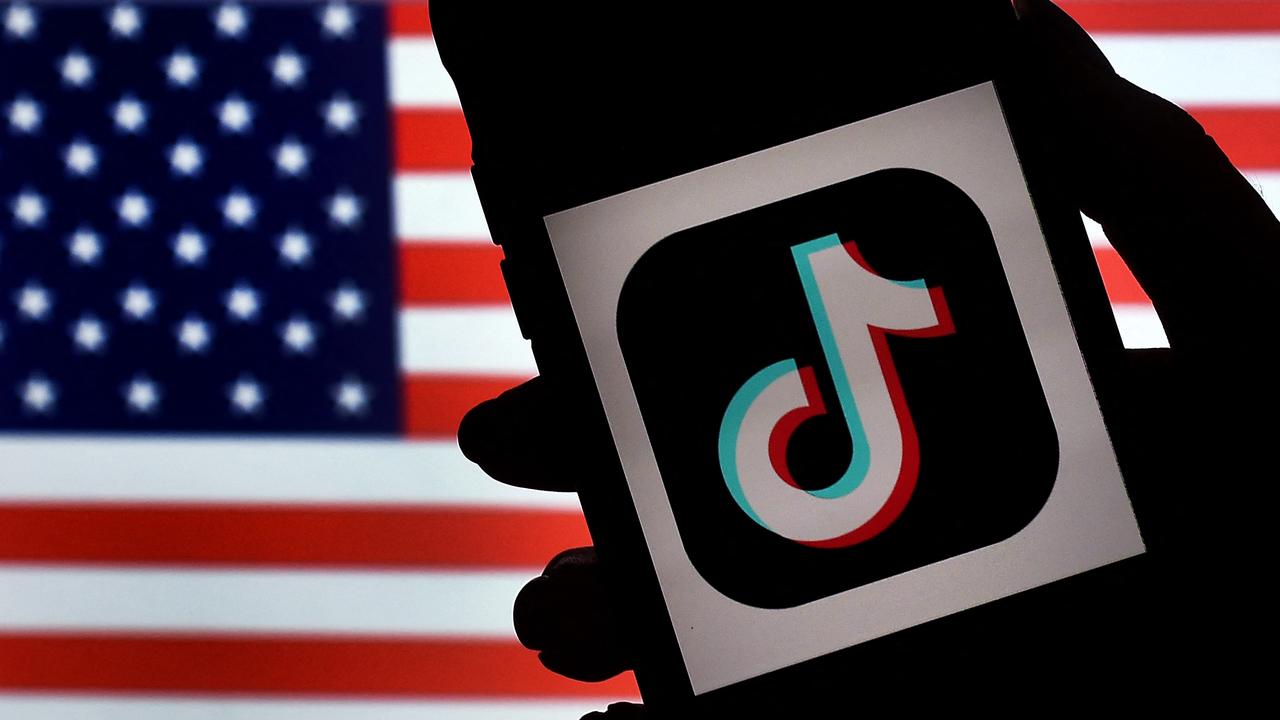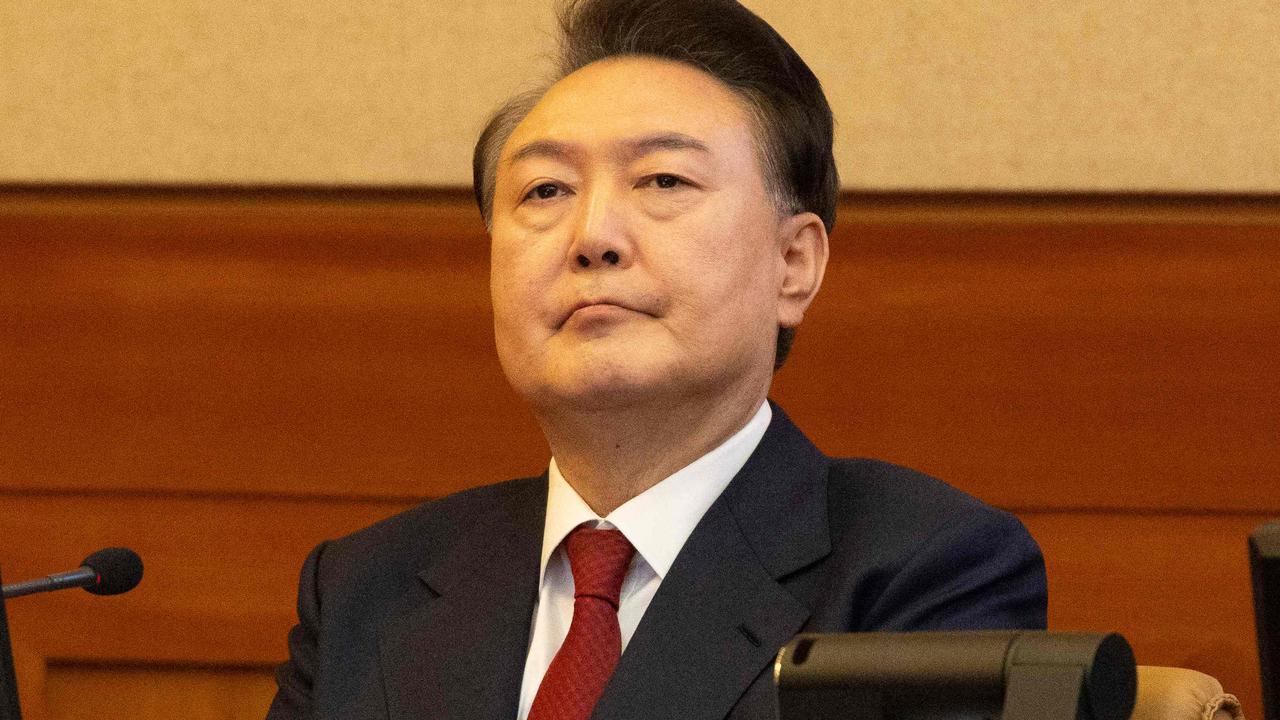Russia, US open nuclear arms talks in Vienna
The US and Russia were to meet on Monday night in Vienna for talks on their last major nuclear weapons agreement.

The US and Russia were to meet on Monday night in Vienna for talks on their last major nuclear weapons agreement against a backdrop of growing tensions and differences over whether they see any value in arms control at all.
US President Donald Trump insists that China should be involved in the talks on New START, the treaty that caps US and Russian nuclear warheads, because he says up until now Beijing has had a free pass to do as it likes in developing its weapon systems.
China has shown no sign of being interested, giving Washington fresh cause for complaint, although critics say Washington finds that a useful stick with which to beat its growing rival.
Mr Trump has scrapped several treaties with Russia — on overflights and on intermediate-range nuclear forces. US ambassador Marshall Billingslea and Russian Deputy Foreign Minister Sergei Ryabkov will on Monday discuss the future of the New START treaty, which was agreed in 2010 and expires in February 2021. That leaves very little time to renew a complex deal, let alone negotiate a new treaty involving China, especially with a November presidential election looming.
The current treaty limits each side to 1550 deployed nuclear warheads. China’s nuclear arsenal is rapidly expanding but is still far smaller than those of the US and Russia.
Speaking over the weekend, Mr Ryabkov played down prospects when he said that while it would be “correct and logical” to agree an extension, the future of the world was not solely dependent on it.
The deadlock over New START and the demise of other nuclear arms control treaties “suggest that the era of bilateral nuclear arms control agreements between Russia and the USA might be coming to an end,” said Shannon Kile of the Stockholm International Peace Research Institute.
According to the institute’s latest research, Russia has 6375 nuclear warheads, including those that are not deployed, and the US has 5800. China comes a distant third with 320 warheads
The talks were preceded by Taiwan unveiling a new locally built training jet on Monday, a boost for the island’s push to manufacture its own defence weapons as it faces off against an increasingly belligerent China.
President Tsai Ing-wen attended a ceremony for the first public flight of the “Brave Eagle” Advanced Jet Trainer, describing it as a “historic moment”.
“Today is a big day for the Republic of China air force and it’s also an important landmark for the domestic aerospace industry,” Ms Tsai told a crowd in central Taichung, using Taiwan’s official name.
“This is a critical part of realising our defence self-sufficiency.”
Democratic Taiwan lives with the constant threat of invasion by China which views the self-ruled island as part of its territory and has vowed to one day seize it, by force if necessary.
Beijing has ramped up military, diplomatic and economic pressure since Ms Tsai first took office in 2016 as she has refused to acknowledge that Taiwan is part of “one China”. She won a landslide re-election in January in what was seen as a strong rebuke to China’s hardline campaign against the island.
The unveiling of the AJT comes as Taiwan’s ageing fleet of fighter jets are being scrambled at an unprecedented rate.
Chinese jets have entered into Taiwan’s air defence identification zone seven times in the past two weeks. The island has some 300 fighter jets, all in service since the 1990s, including US-made F-16s, French-made Mirage 2000-5s and the locally developed Indigenous Defensive Fighters.
The US has remained Taiwan’s leading unofficial ally and arms supplier, but until recently Taiwan had struggled to buy new fighter jets. Since the election of Mr Trump, Washington has been more willing to sell big ticket items. Last year the Trump administration announced it would sell 66 latest generation F-16 jets to Taiwan shortly after another huge sale of missiles and tanks. The announcement infuriated Beijing, which vowed to sanction companies involved in the sale.
AFP



To join the conversation, please log in. Don't have an account? Register
Join the conversation, you are commenting as Logout